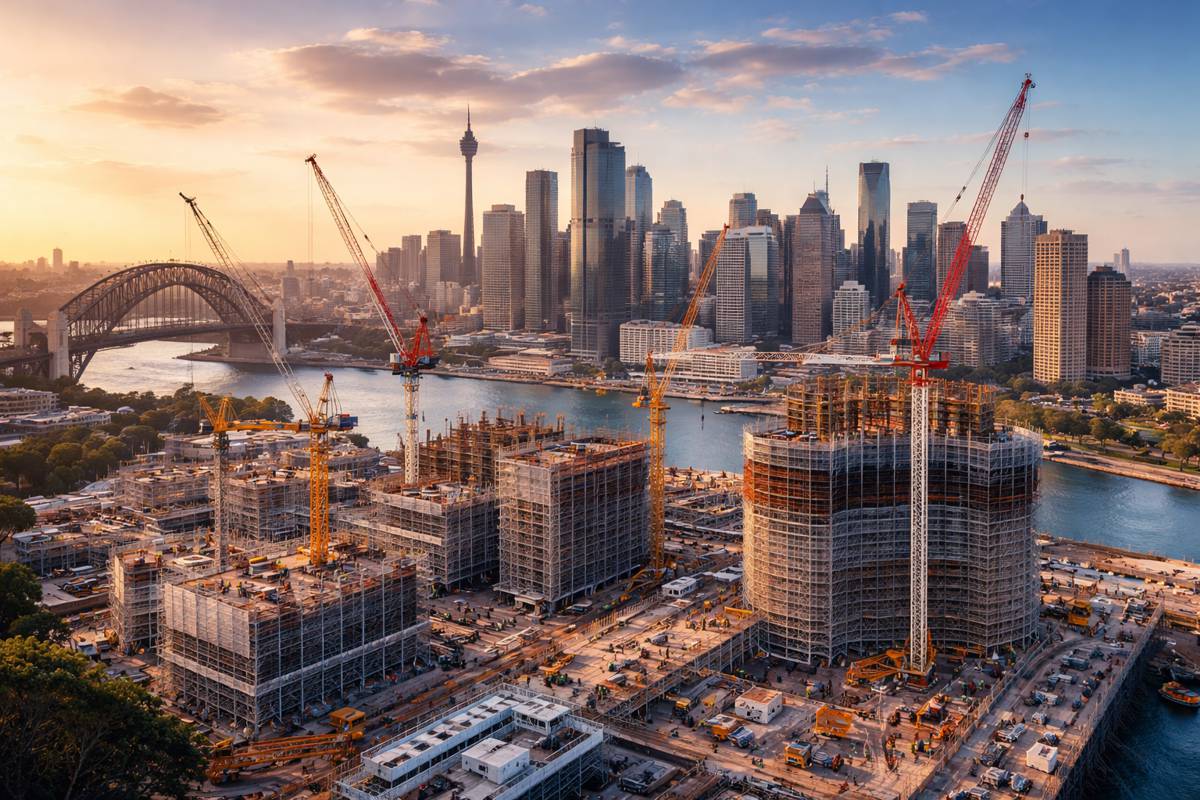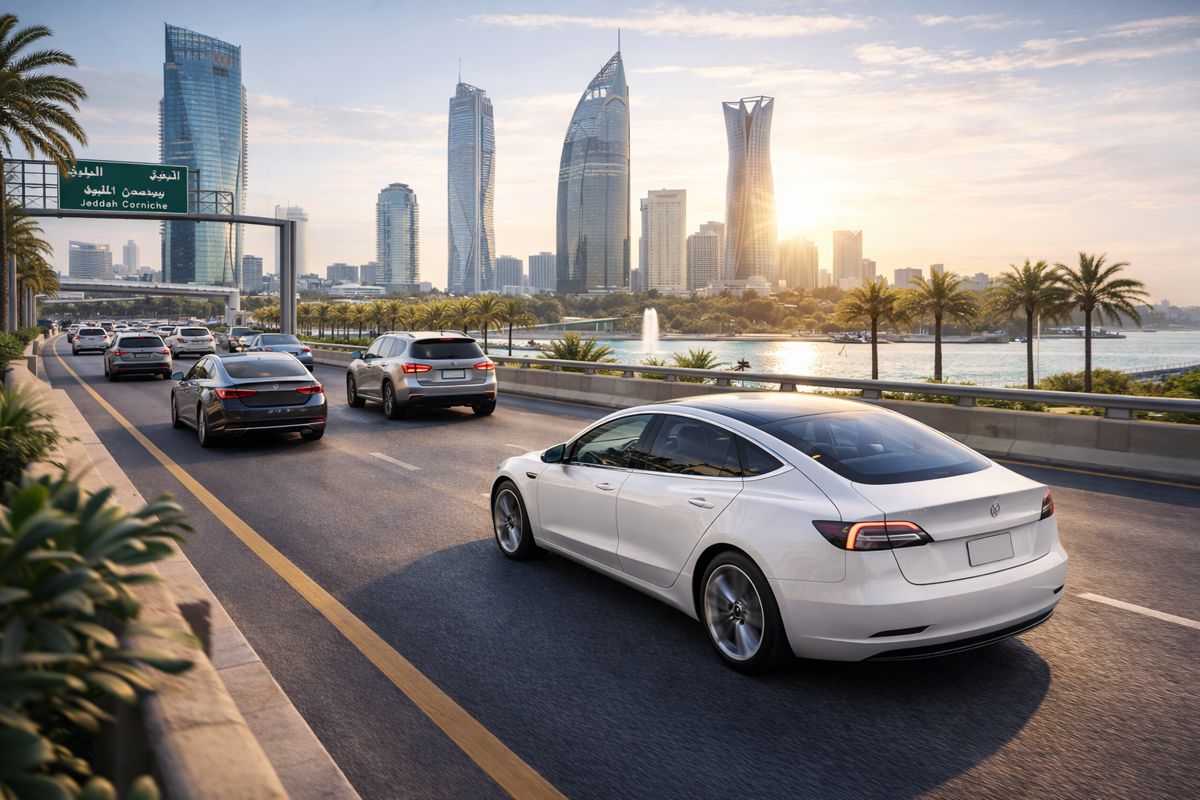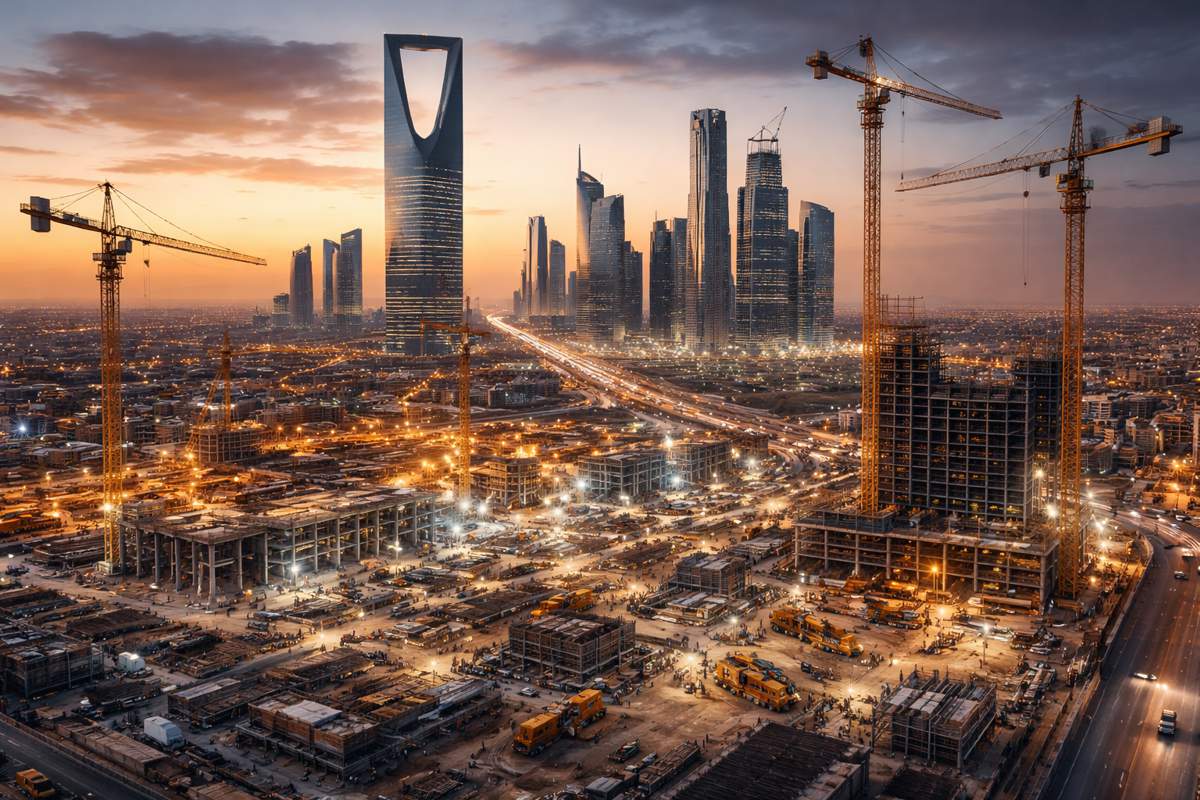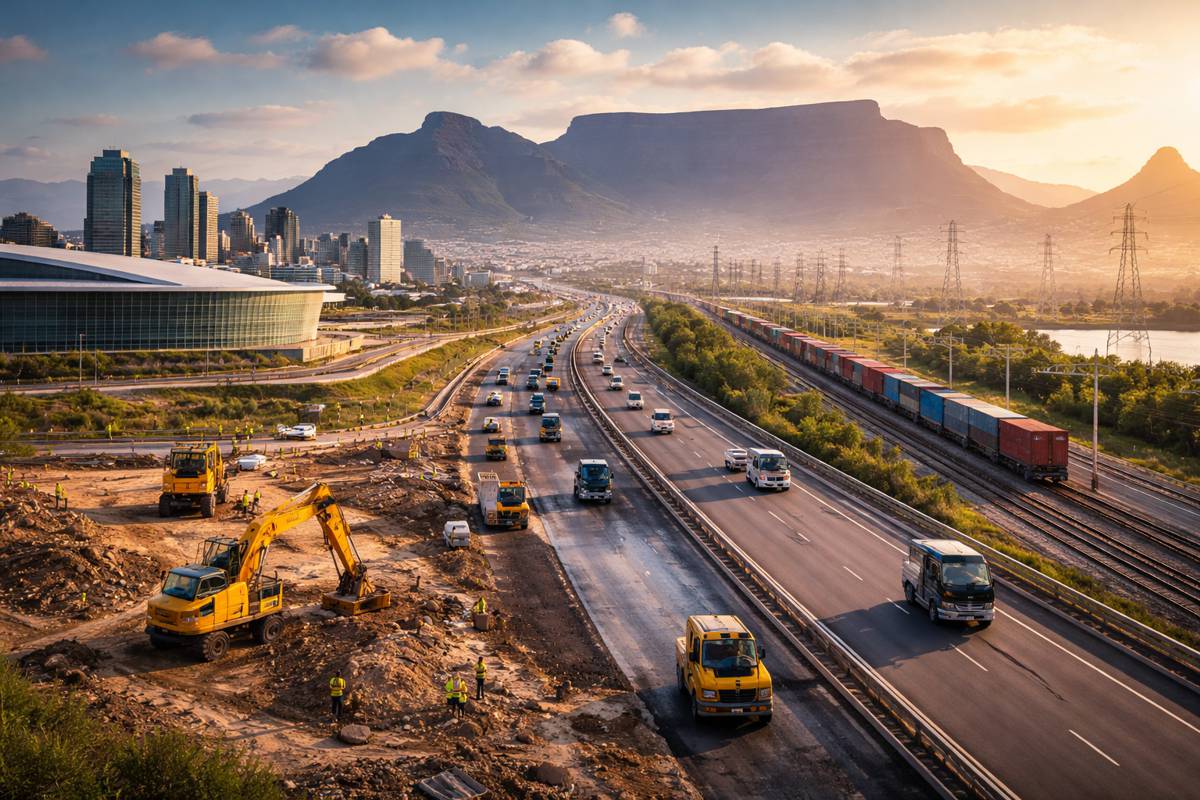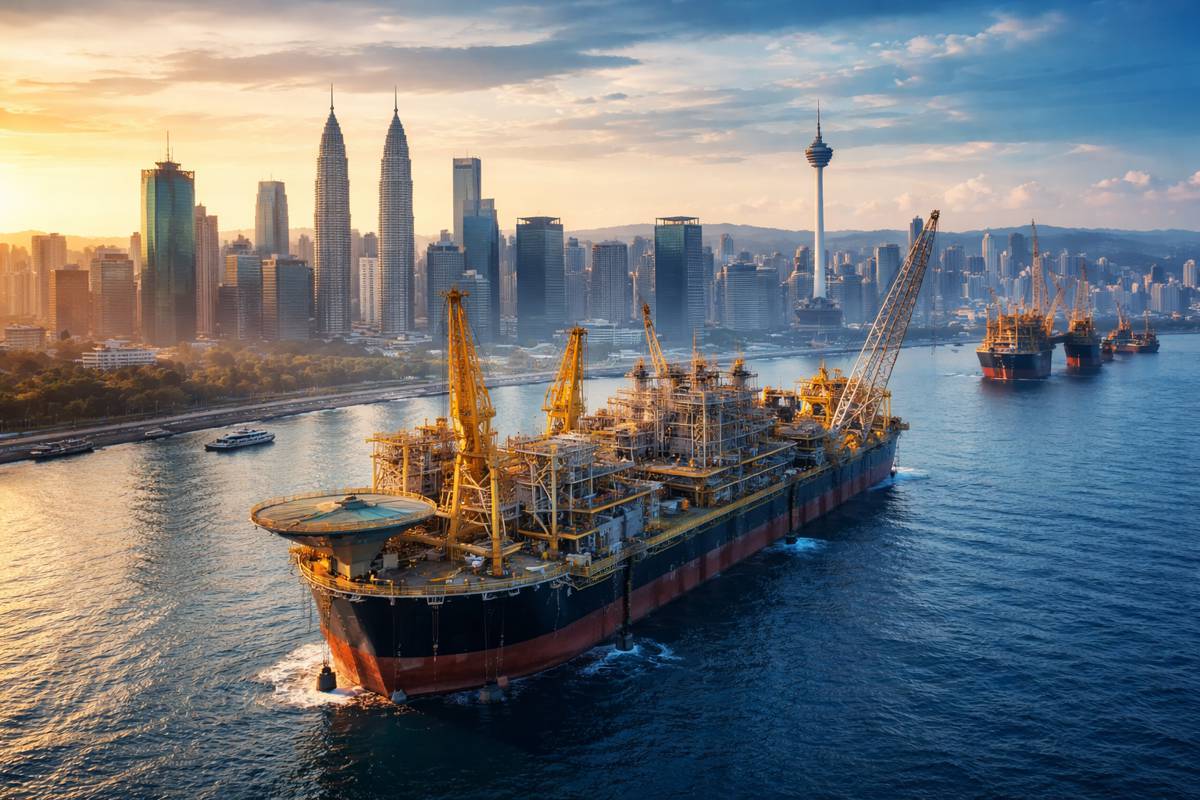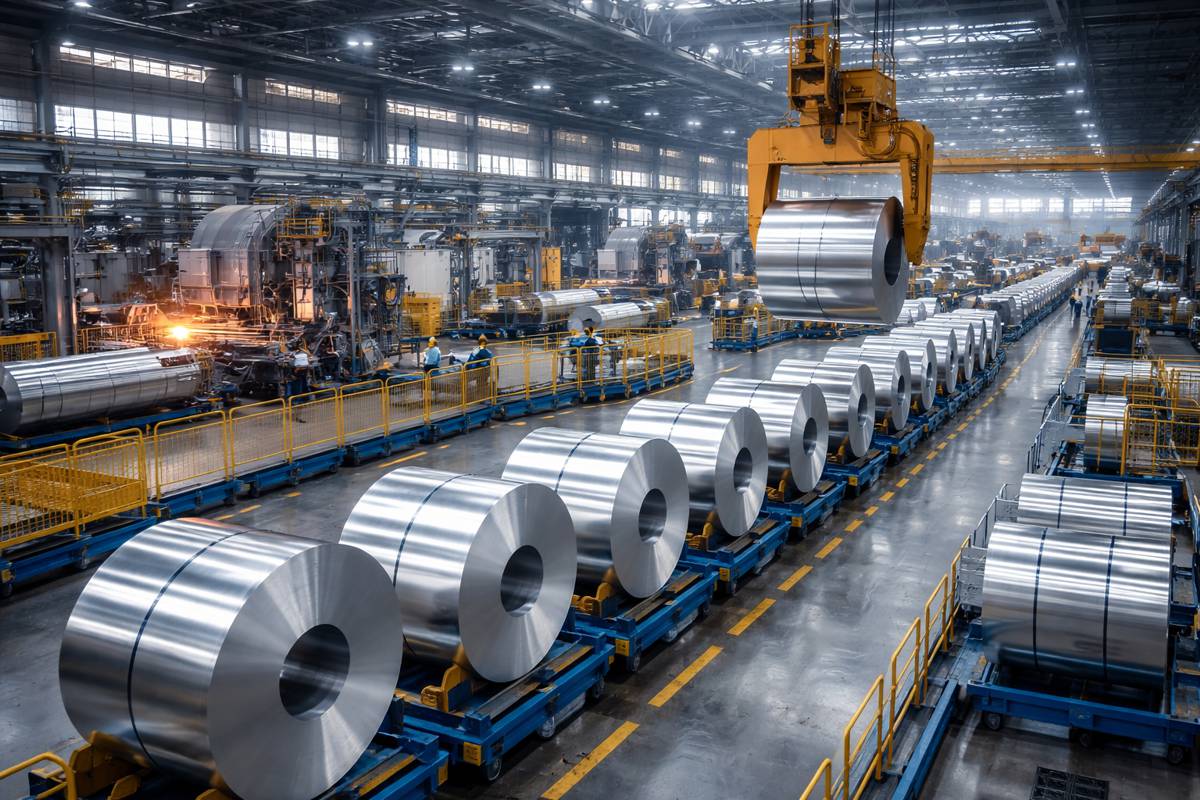Automation and the global transport industry – what’s next?
The global transport industry is asking just how smart, how safe and how secure transport can become?
The potential is huge and the World Congress in Oman wants to bring the industry together to lay the ground for intelligent change.
Attending the ITS World Congress in Copenhagen last week, the IRU team experienced and debated new developments in automation, digitalisation, logistics, and other cutting-edge intelligent transport systems.
This week in New Delhi at the global freight forwarding and logistics event (FIATA), IRU is presenting recommendations on the impact of automation and tech on security, and today in Hanover at the commercial vehicle forum, the IRU is part of a panel discussion looking at how autonomous driving is rapidly changing through the development of sensor technology. From fuel to jobs and safety to cyber security, the industry needs to lead the change and take control of its future.
Automation is coming. Driverless cars are already on the road, even if still in the early generations. The same applies to trucks. This is going to be the next leap forward in transport. Or is it?
There is already extensive automated transport, in mines and ports, for example. Driverless metro trains have been around for years. Just this week, Germany launched its first autonomous tram in Potsdam. And aircraft have been flying themselves, from take-off to landing, for a long time.
The technology to move, turn and stop an autonomous vehicle is quite straightforward. It’s more complicated to prepare the vehicle to operate in the multimodal environment of the public road, where there are pedestrians, cyclists, children playing, animals running across the road, potholes, other drivers and the rest.
And yet automation promises to bring positives of increased safety, decreasing costs for transport operators and reduced emissions. What is clear from the precedents is that machines almost always out-perform humans. So what are we debating?
Safety
As our very first priority, we must prevent loss of life and injury on the road. Safety overrides the purpose of getting things, or people, to the right place at the right time.
We need to ensure the technology is proven, stable and solid. Even though geographical expansion will be gradual from easy-to-operate environments to more complex ones, such as urban city streets, ultimately it has to be able to operate in different climates and different traffic conditions, from the Hindu Kush to downtown Manhattan. It can’t be impacted by lots of dust or by aggressive traffic.
The end result needs harmonised and interoperable standards that can be applied across the world, with the accompanying technical controls and testing.
This is where training, and the professionalisation of the industry, as well as the use of UN conventions come into play.
Then there is the issue of awareness. When you know the technology, it’s easy to have confidence in it. But we also need to educate the general public because our industry has an impact on everyone. Everybody is a road user. So a significant challenge for the industry is to educate.
Security
Anyone moving cargo needs to ensure that it arrives safely and securely. When you introduce automation, with data being sent to and from the vehicle, you introduce a potential vulnerability. Cyberattacks are an issue for any business. As an industry, our data security has to be the very best.
Hackers are always developing new attack routes so businesses have to remain nimble, moving fast to stay ahead. Or, at the very least, not falling behind. That means the highest cybersecurity not only for automated vehicles but for all logistics data processes.
Conversely, automation may be a very good thing for security. In the automated world it will not be possible to physically steal the keys to a truck and drive away.
Sustainability
The third area is sustainability. And this is where we, and the regulators, have much work to do.
One focus is employment, specifically drivers. It is obvious the job of a professional driver will change but, perhaps less obviously, it won’t go away. Automation will remove some of the more mundane elements – cruising the highway – but there’s a lot it won’t be able to do. However good it is, automation is unlikely to be able to negotiate with customs officials or change a tyre. So we are going to need a new type of driver. Perhaps they’ll be called operators or pilots instead? The benefit is that it could actually make employment in the industry more attractive.
The second focus is environmental. Autonomous vehicles have smoother driving patterns, reducing fuel consumption and increasing efficiency. Study after study shows that automation will therefore have an overall positive environmental impact. Lower fuel consumption reduces cost, of course, which is critical for a low margin industry.
Regulation and incentives
It is an inevitable truism that technology always out-paces regulation. We need the international and national regulators to establish new rules and regulations around labour laws, based on the new roles of the driver/operator. And soon. They also need to provide incentives to drive the deployment of new technologies, so we, and society more widely, can realise the benefits of automation as quickly and efficiently as possible. Governments, insurance companies and technology providers also need to evolve existing liability laws in order to provide legal certainly and identify appropriate solutions for damage and injury.
What are the next steps?
The IRU is launching a Start-up Competition at their World Congress in Oman, to foster innovation and to finance entrepreneurship and ingenuity in mobility. The shortlisted entries will form an exhibition – Innovation Alley – which will offer a glimpse of where our future could be heading. Our roster of speakers includes seasoned leaders in transport and logistics, visionaries from diverse and related fields including AI, aviation, futurism and politics, as well as a new generation of innovators, entrepreneurs and disruptors.
New tech does not always play out to its logical conclusion. The questions at the World Congress, therefore, will not be about what’s possible or even what’s likely, but rather – what do we want autonomous tech to achieve for us and why? Then we can plan the framework and invest in the innovation to make it happen.

Article by Boris Blanche, Managing Director, IRU
Boris Blanche’s role is to coordinate and strengthen IRU’s advocacy work, in addition to leading operations, finance and the value-added services that IRU provides to the industry, most notably the TIR system. He joined IRU in 2012 as Head of Internal Control, later becoming Chief Operating Officer in 2014, and successively heading all operational activities including TIR and transit systems, innovation, insurance and the IRU Academy.
His strong managerial talents and strategic vision have helped transform IRU to be able to better serve its members, partners and the road transport industry, as well as putting innovation and market intelligence at the heart of the organisation. As Managing Director, he continues his key role of assisting the Secretary General in leading this transformation, with a particular focus on further reinforcing IRU’s advocacy work, more effectively making known the pivotal role of the road transport industry in driving trade, economic growth, safety and sustainability.
























